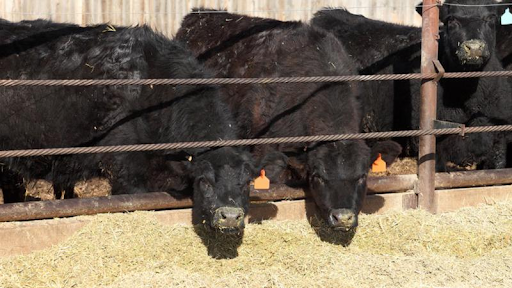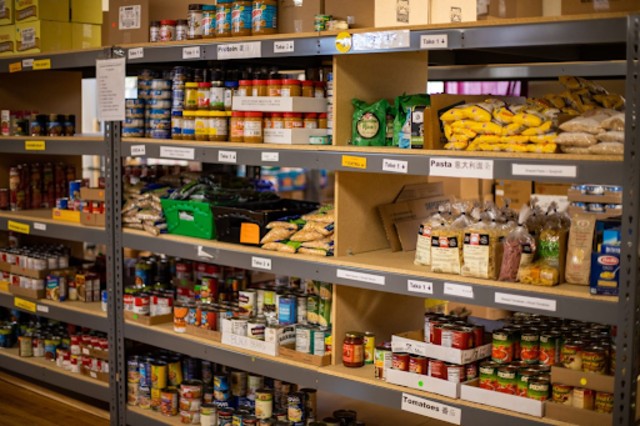
Photo from RFD tv News
The Canadian Food Inspection Agency (CFIA) has finally issued its long-awaited guidance on novel feed, concluding that gene-edited livestock feed is safe. These updates, initially commenced in 2018, bring clarity to Canada's regulations regarding gene-edited crops, as stated by Krista Zuzak, Director of Crop Protection and Production at Cereals Canada.
Zuzak emphasized that CFIA's latest regulation on livestock feed will facilitate the research and development of new crop varieties utilizing gene editing to enhance traits like drought resistance, pest and disease resistance, and efficiency in input usage. This move signifies a significant step forward in promoting innovation in plant breeding, which can address various challenges in crop production, contribute to sustainability efforts, and tackle concerns related to food security.
Canada's science-based regulatory system ensures that the cereals sector maintains its reputation for producing safe, sustainable, and high-quality wheat, barley, and oats, according to Zuzak. This system prioritizes evidence and scientific assessment to uphold safety standards while fostering innovation and growth in the agricultural industry.
William van Tassel, Vice Chair of the Grain Growers of Canada, hailed the completion of these regulations as a milestone in supporting innovation while ensuring safety and transparency. He emphasized that these updated guidelines will equip farmers with advanced tools to produce crops with enhanced resilience and higher yields, thus meeting current and future market demands effectively.
Furthermore, van Tassel highlighted that these regulations align Canada's standards with those of its trading partners, ensuring the competitiveness of Canadian farmers on the global stage. He emphasized that these regulations are grounded in science-driven assessments, which guarantee the safety and efficacy of gene-edited crops.
Overall, the release of CFIA's final guidance on novel feed marks a significant development in Canada's agricultural landscape. It provides clarity and assurance to farmers and stakeholders regarding the safety and regulatory framework for gene-edited livestock feed. Moreover, it underscores Canada's commitment to fostering innovation, sustainability, and competitiveness in its agricultural sector.















